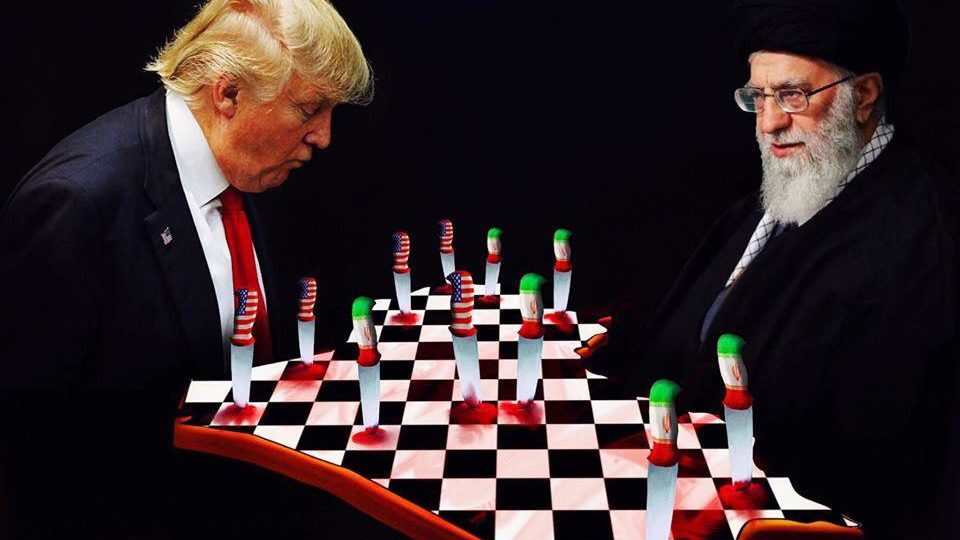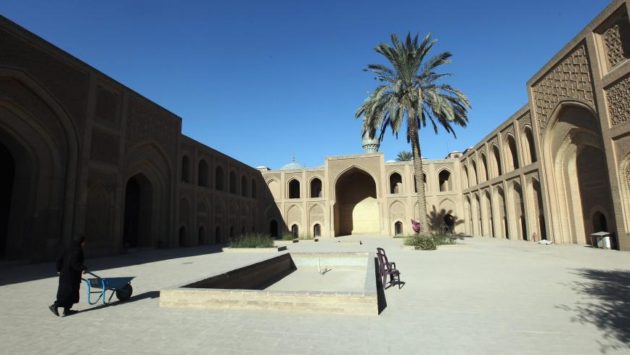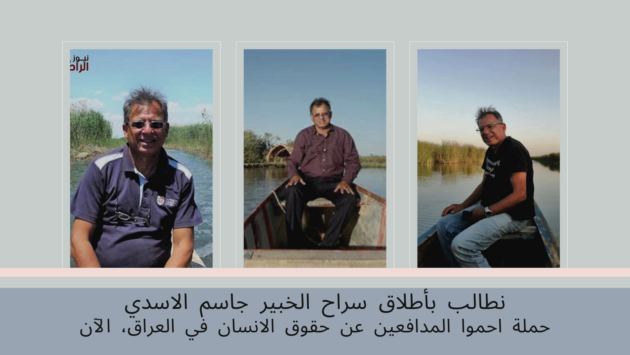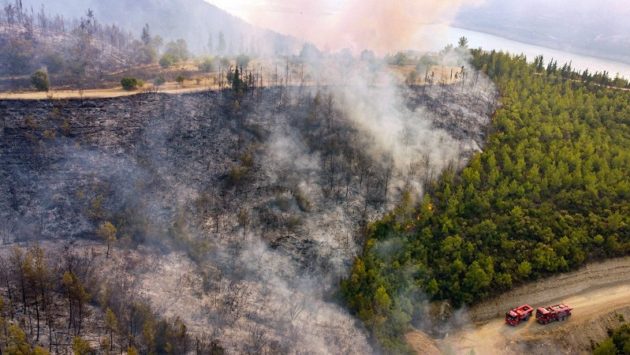We Are Facing War
Mushreq Abbas
We are facing war.
America does not give Iraq or its people any attention. This is a fact. Similarly, it is a fact that Iran intends to turn the country into a battlefield to settle regional and international accounts. This is what the Iranians currently in power desire.
The reason that Washington and Tehran implicitly agree that they will not declare war is because a war would close the Strait of Hermaz which directly controls the movement of oil and thus is a critical channel of international trade. Closure of the Strait of Hermaz would lead to a major economic crisis, one which China, Russia and Europe will not accept.
In Iraq, the cost is less. Iraq is a country where the world did not establish a deep trade ties, nor has it made significant investments there; its oil flow can be controlled, or in the worst case event that oil from Iraq ceases flowing, the world would find it elsewhere. The world has long viewed Iraq as a dangerous place, one well suited for others in the region to hash out their conflicts and deflect their crises in way that is more comfortable for all, barring of course, Iraqis themselves.
When we warned that Iraq was on a dangerous path, and that this path was being forged by self-interested political parties and leaders of armed factions all of whom lacked a vision for what Iraq could be at its best, some of us who were cautioning were accused threatening the fragile security that emerged after “ISIS”.
We said that the people, desperate for their rights, took to the streets peacefully, without demanding jobs, as the preachers of the new sultans explained, but rather representing their society’s collective consciousness. And they felt danger, they felt panic, just as birds can sense a coming disaster. A people forced to live amidst war, amidst sieges and senseless bloodshed, amidst lost money and lost opportunities become terrified. They are afraid because control of their country is in the hands of those who lack depth and vision, and see only their own narrow interests rather than the common good.
Sadness and anger grow, but the revenge so many desire is not the right way forward; those who act on vengeance, breaks the last mast of their ship and pushes it out to sea never to see land again.
There is no time now to settle scores, it is time for us as a country to stop and think long and hard about all the mistakes that were made in the past and how they have led us to where and what we are today … and what we are doing. We are in a battlefield and we have no camels and no interest between countries that do not interest us.
If we want to regain and reclaim our national identity, then we must establish a calm, efficient and capable national government. It must be quickly chosen and be empowered to do the following:
1: Restore the state, its prestige and its authority, and prevent further weakening, stop breaking its wings, rendering it helpless and powerless to those who both need and support it.
2: Bring the Iraqi army and police back to the forefront of national security and define their relationship with Iraqi citizens, especially those now peacefully protesting in the streets; issue clear instructions to all demonstrators to abide by decisions made by the state, and the state only; prevent any faction or party that has arms outside the state from working or moving inside Iraq.
3: Make use of the state’s calm, reliable, and strong voice to talk with Washington and Tehran to mitigate the conflict between them and prevent Iraq from turning into an arena for their engagement.
4: Commit to the road map set out by the Iraqi people which would restore the country to stable conditions and provide a safe environment for early elections.
5: Diffuse the political conflicts that everyone pays so deeply for, and ensure that parliament passes part of its power to a government that is reliable and acts with integrity; take steps to return Iraq to a position of neutrality in regional and international conflicts.


 Read this post in:
Read this post in: 

